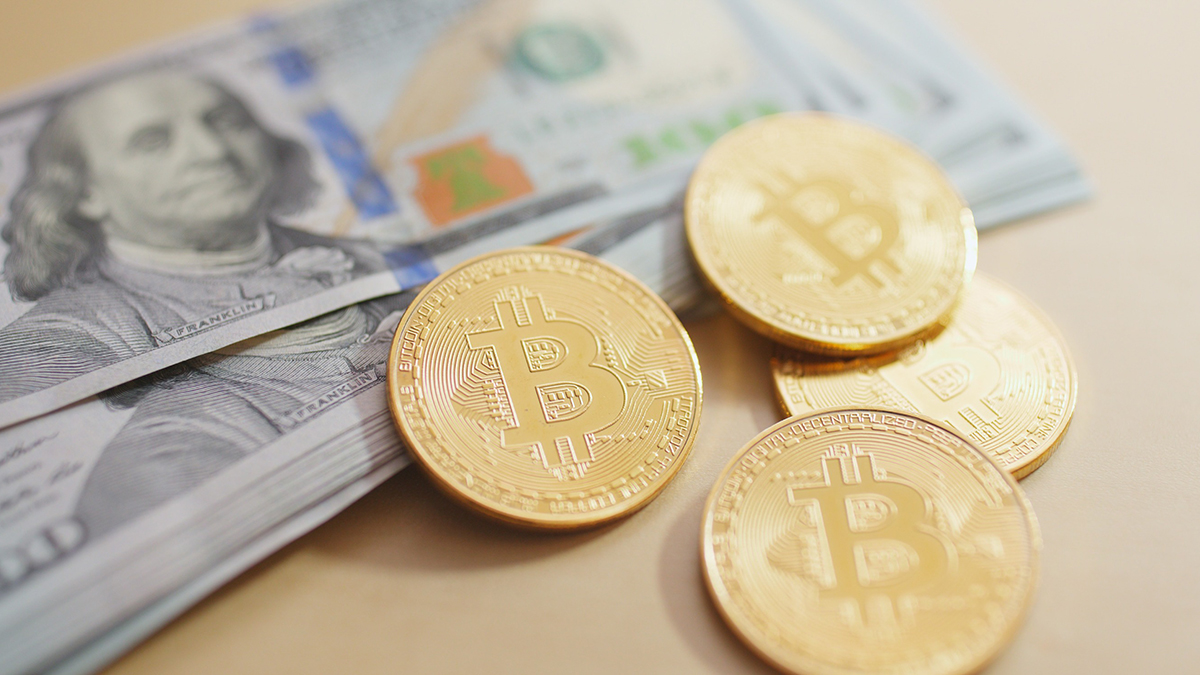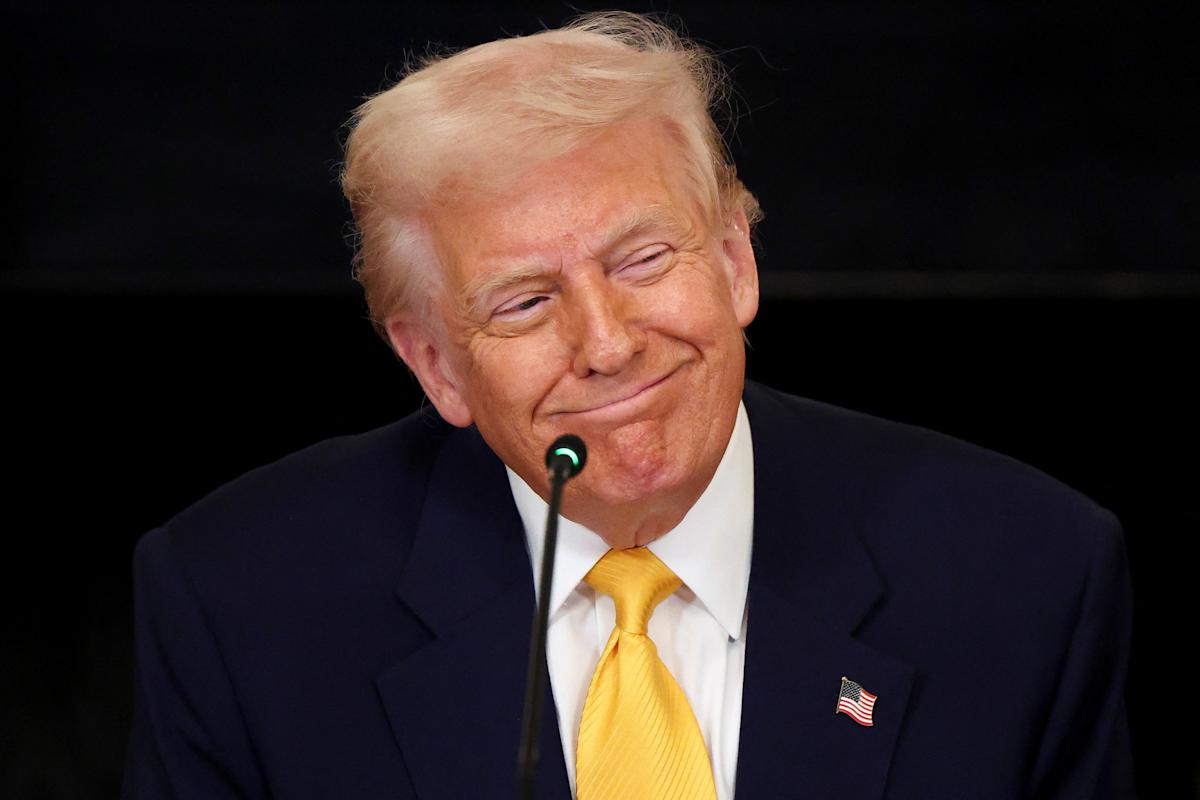As of November 2024, the cryptocurrency market has reached a total market capitalization of $3.47 trillion.
Next year is shaping up to be a banner year for the cryptocurrency industry, with the industry poised for even greater progress.
This is according to Yande Nomvete, Head of Operations at Binance Africa, detailing some expectations for cryptocurrencies in 2025.
This comes as the local cryptocurrency industry enjoyed a profitable 2024 thanks to the US elections and the Financial Sector Conduct Authority’s licensing of various crypto asset service providers.
The industry also celebrated when Bitcoin, the world’s most popular digital currency, reached $100,000 (R1.7 million) per single coin in November.
In an email interview with ITWeb, Nomvete said that in November, the cryptocurrency market reached unprecedented heights, with the total market capitalization reaching a record $3.47 trillion.
This growth, he points out, has been fueled by Bitcoin’s rally to over $100,000 and significant institutional participation, as evidenced by seven consecutive weeks of positive inflows from spot exchange-traded funds (ETFs). totaling over $6.5 billion for the month.
Bitcoin ETFs have been approved in markets including the United States, Brazil, Hong Kong and Australia, signaling broader acceptance of digital assets, Nomvete says.
“The industry has emerged stronger, growing in terms of legitimacy, adoption and usefulness. From regulatory advances to institutional milestones, this year marked the dawn of a new era.
“Looking ahead, the crypto industry is undoubtedly poised for even greater advancements. The momentum we have built over the past year, coupled with tailwinds, positions us for an even stronger 2025. Institutions are increasingly keen to explore the potential of crypto, with many taking their first steps in this area.
Binance is the world’s largest provider of blockchain and cryptocurrency infrastructure. According to the crypto exchange, it started the year with just under 200 million users and now has over 240 million.
In 2024, US President-elect Donald Trump made crypto an important part of his campaign strategy, pledging to create a “strategic Bitcoin reserve” and position the United States as “the crypto capital of the planet “.
Commenting on expectations for Bitcoin when the US president-elect takes office in January, Nomvete notes that Trump being a pro-crypto president-elect is “certainly helpful” as it is likely to lead to further developments in legislation on cryptography in 2025.
“This can help inform crypto legislation for other countries around the world.” Not everything is related to the election of Trump, in general it is also about crypto cycles that last about four years. Retail investors get to the top of the market, then get shaken up.
“There were numerous regulatory controls in late 2022 that contributed to the super negative sentiment at the time and only die-hard believers held on to their tokens throughout this period. Sentiment started to improve earlier this year. Prices started to rise and the retail market picked up, which coincided with the Trump election.”
When it comes to the biggest trends seen this year, Nomvete says he has seen an increase in consumers using cryptocurrency as an everyday payment method locally.
“As much as people are using crypto as an investment class, we are also seeing it emerge as a payment method. No more than in Africa. This makes perfect sense: if your national currency is the Zimbabwe dollar, for example, and you work abroad, you would previously have sent hard currency back via money transfer agents like Western Union. But it’s expensive and you’re always at the mercy of exchange rate fluctuations.
“Now people use products like Binance Pay, which charge nothing to transfer stablecoins – cryptographic tokens pegged to hard currencies like the dollar or euro – to family or friends back home.
“Access to finance is not as easy for many people across the world, but particularly on the continent, for countries where local currencies are “volatile and changing”, the use of crypto is a way to protect against inflation.
“The shortage of dollars in the traditional banking system is impacting people in these countries, so being able to access dollars while being on the platform is something we are seeing. Significant adoption of the utility of crypto is a powerful argument for continued demand,” she said. concludes.










